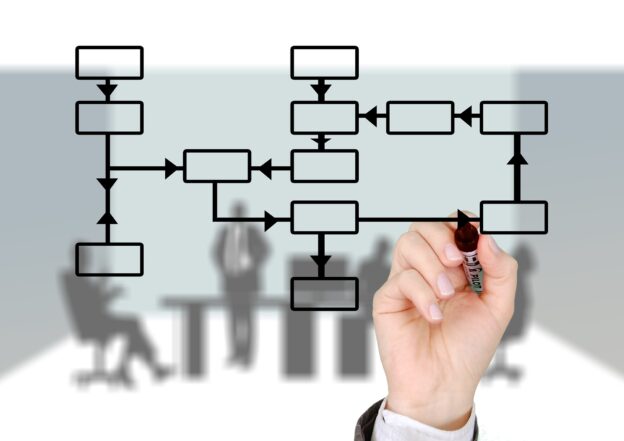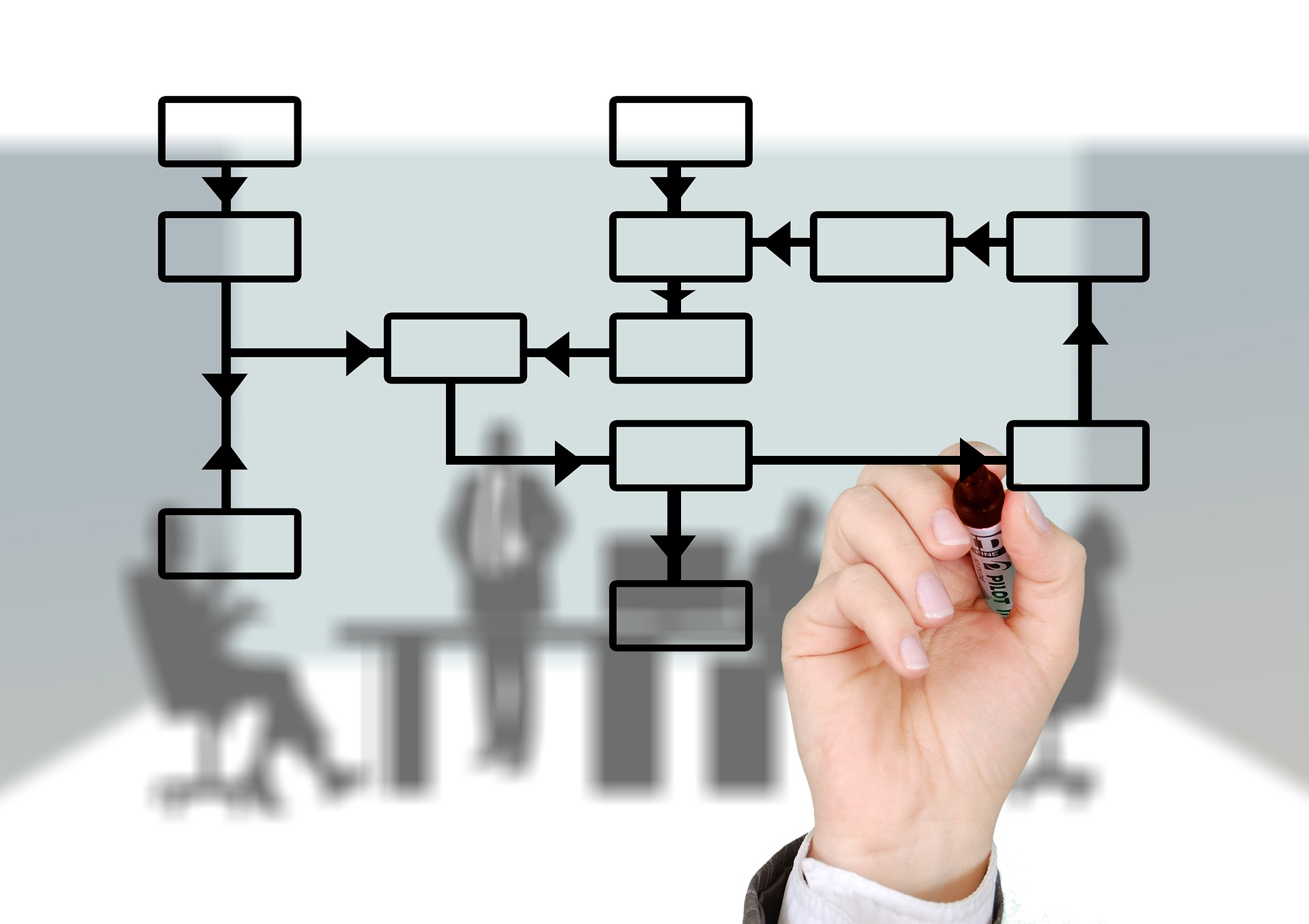Are you aware of your fiduciary obligations in Utah? Understanding these obligations is crucial, as they involve the highest level of trust and responsibility. In this article, we will delve into the importance of fiduciary obligations, addressing common legal concerns and providing reassurance and guidance along the way. By incorporating important information and creating emotional connections, we aim to help you navigate through this complex area of law. So, if you have any questions or need further assistance, feel free to reach out to the attorney listed on our website. Your fiduciary obligations await your attention and understanding.

Overview of Utah Fiduciary Obligations
Utah, like many other states, recognizes the importance of fiduciary obligations in various relationships. Fiduciary obligations require individuals to act in the best interests of others, placing their trust and confidence in the fiduciary. In this article, we will explore the definition, importance, and examples of such obligations in Utah. We will also delve into the duties and responsibilities of fiduciaries, the legal requirements governing them, the challenges they may face, and the steps they can take to fulfill their obligations. Additionally, we will discuss considerations for choosing a fiduciary in Utah, the factors involved in fiduciary litigation, the role of fiduciaries in estate planning, and answer some frequently asked questions.
Definition of Fiduciary Obligations in Utah
Fiduciary obligations refer to the legal and ethical responsibilities that individuals assume when they are entrusted with the interests, assets, or well-being of others. In the state of Utah, fiduciaries are held to a high standard of care and must prioritize the best interests of those they serve above their own. These obligations exist to ensure trust, fairness, and accountability in various relationships where one party relies on another to act in their best interests.
Importance of Fiduciary Obligations in Utah
Fiduciary obligations play a crucial role in maintaining trust and safeguarding the interests of individuals in Utah. Whether it be in professional, financial, or personal relationships, the existence of fiduciary obligations provides reassurance to parties involved that their rights and interests will be protected. These obligations establish a legal framework that encourages fiduciaries to act with integrity, honesty, and loyalty towards their beneficiaries or clients. By upholding fiduciary obligations, Utah fosters a sense of responsibility and accountability within its various sectors and ensures the fair treatment of all parties involved.

Examples of Fiduciary Relationships in Utah
Fiduciary relationships can arise in various contexts in Utah, and it is important to recognize them in order to understand the nature and extent of fiduciary obligations. Some common examples include:
Attorney-Client Relationships
When an individual seeks legal representation, an attorney-client relationship is formed. Attorneys have a fiduciary duty to act in their clients’ best interests, ensuring confidentiality, loyalty, and diligence in handling their legal matters.
Trustee-Beneficiary Relationships
In trust arrangements, a trustee is appointed to manage and distribute assets for the benefit of the beneficiaries. The trustee has fiduciary obligations to act in the best interests of the beneficiaries, maintaining transparency, and avoiding conflicts of interest.
Executor-Administrator Relationships
In the administration of estates, executors or administrators are responsible for managing the deceased’s assets and fulfilling their final wishes. They have fiduciary duties to handle the estate’s affairs with care, honesty, and loyalty to the beneficiaries.
Guardian-Ward Relationships
When a court appoints a guardian to care for a minor or incapacitated individual, a fiduciary relationship is established. The guardian has a duty to act in the best interests of the ward, ensuring their well-being and making decisions that promote their welfare.
Agent-Principal Relationships
In certain contractual arrangements, a person may act as an agent on behalf of another party, known as the principal. Agents have fiduciary obligations to act in the best interests of their principals, handling their affairs honestly, and avoiding conflicts of interest.
These examples demonstrate the diverse range of fiduciary relationships in Utah and highlight the significance of fiduciary obligations in protecting the interests and rights of individuals.

Duties and Responsibilities of Fiduciaries in Utah
Fiduciaries in Utah owe a multitude of duties and responsibilities to the parties they serve. Understanding and fulfilling these obligations is crucial to maintaining trust and avoiding potential legal ramifications. The key duties and responsibilities of fiduciaries in Utah include:
Duty of Loyalty
Fiduciaries have an obligation to act solely in the best interests of their beneficiaries or clients. This duty requires them to avoid conflicts of interest and refrain from engaging in self-dealing or actions that would compromise the interests of those they serve.
Duty of Care
Fiduciaries must exercise reasonable care, skill, and diligence in carrying out their responsibilities. This duty requires them to make informed decisions, possess the necessary expertise, and act prudently to protect the interests entrusted to them.
Duty of Confidentiality
Fiduciaries are obligated to maintain confidentiality regarding sensitive information obtained in the course of their fiduciary relationship. This duty ensures the privacy and protection of the beneficiaries’ or clients’ personal or financial affairs.
Duty to Act in Good Faith
Fiduciaries must act honestly, fairly, and with the utmost good faith in all their dealings. This duty requires them to be transparent in their actions, communicate openly with the beneficiaries or clients, and refrain from any deceptive or fraudulent conduct.
Duty to Avoid Conflicts of Interest
Fiduciaries must prioritize the best interests of the beneficiaries or clients and avoid any conflicts between their personal interests and their fiduciary duties. This duty ensures that decisions and actions are made solely based on the beneficiaries’ or clients’ well-being.
Duty of Disclosure and Transparency
Fiduciaries have an obligation to provide clear and accurate information to the beneficiaries or clients. This duty involves disclosing any material facts that may impact the beneficiaries’ or clients’ interests, allowing them to make informed decisions.
Duty to Maintain Accurate Records
Fiduciaries must keep detailed and accurate records of their activities, transactions, and communications. This duty ensures accountability, transparency, and allows for proper monitoring and evaluation of their fiduciary performance.
By upholding these duties and responsibilities, fiduciaries in Utah can fulfill their obligations and maintain the trust and confidence placed in them.

